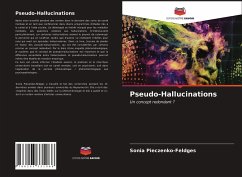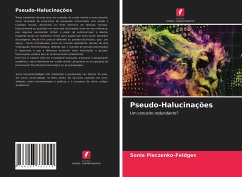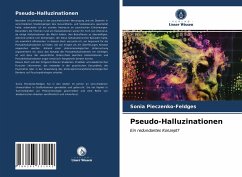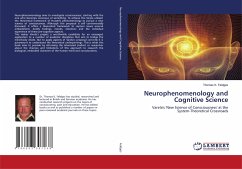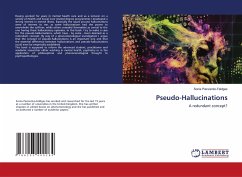
Pseudo-Hallucinations
A redundant concept?
Versandkostenfrei!
Versandfertig in 6-10 Tagen
18,99 €
inkl. MwSt.

PAYBACK Punkte
9 °P sammeln!
Having worked for years in mental health care and as a lecturer on a variety of Health and Social Care related degree programmes I developed a strong interest in mental illness. Especially the issues around hallucinations were of interest to me, as some hallucinations had the power to overwhelm the sufferer, while others revealed themselves as unreal to the one having these hallucinatory episodes. In this book I try to make a case for the pseudo-hallucinations, which have - by some - been deemed as a redundant concept. By way of a phenomenological investigation I argue that the concept of pseu...
Having worked for years in mental health care and as a lecturer on a variety of Health and Social Care related degree programmes I developed a strong interest in mental illness. Especially the issues around hallucinations were of interest to me, as some hallucinations had the power to overwhelm the sufferer, while others revealed themselves as unreal to the one having these hallucinatory episodes. In this book I try to make a case for the pseudo-hallucinations, which have - by some - been deemed as a redundant concept. By way of a phenomenological investigation I argue that the concept of pseudo-hallucinations is an important one and that the essential difference between hallucinations and pseudo-hallucinations could even be empirically established.This book is supposed to inform the advanced student, practitioner and academic researcher either working in mental health, psychiatry or in the application of philosophical and phenomenological thought to psychopathologies.



